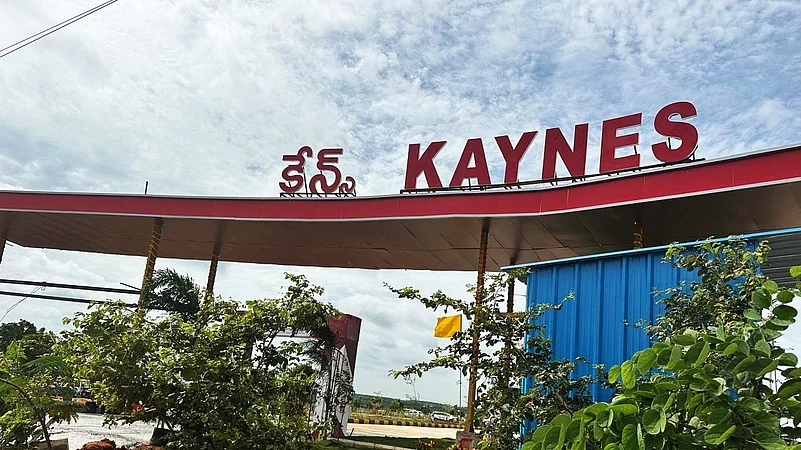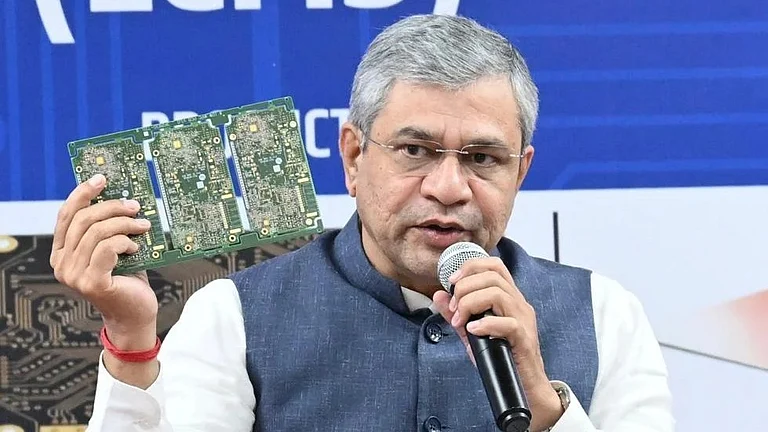
Kaynes launches India's first commercial multi-chip module (MCM) from Sanand OSAT
Shipping about 900 intelligent power modules (IPMs) to Alpha & Omega Semiconductor (AOS)
Modules integrate 17 dies, including multiple IGBTs, controller ICs and fast recovery diodes
Pilot production began in April; mass-production scale-up targeted for January 2026 nationwide
Kaynes Semicon on Wednesday rolled out what it says is India’s first commercially packaged multi-chip module (MCM) from its outsourced semiconductor assembly and test (OSAT) plant in Sanand, ET reported. The firm is reportedly shipping a batch of about 900 intelligent power modules (IPMs) to California-based Alpha & Omega Semiconductor (AOS).
The modules, described by Kaynes as highly integrated devices containing 17 dies including six IGBTs, two controller ICs, six fast recovery diodes and three additional diodes, are intended for demanding automotive and industrial power applications where compact, reliable power switching is critical.
Kaynes reportedly said production at the plant began with a pilot line in April and that the company has daily capacity to produce up to 3,000 units, with mass-production scale-up targeted in January 2026.
Multi-Chip Module
Kaynes framed the delivery as a leap beyond single-die packaging into advanced multi-die solutions.
“This is a one-of-its-kind module… placing it among the most advanced in this domain,” CEO Raghu Panicker said, adding that the Sanand facility will also support testing, marking and full packaging for AOS shipments. The firm said another consignment is scheduled for next month.
The Sanand OSAT was developed with support from the India Semiconductor Mission (ISM 1.0) and carries a total project outlay of about ₹3,307 crore, half of which, ₹1,653.5 crore, comes from central government funding; the Gujarat government is expected to provide about 20% and the remainder will be invested by Kaynes.
The company has so far committed roughly ₹400 crore to the site and aims for eventual throughput of 6.3 million chips per day when fully operational.
AOS Order
Under the commercial terms cited by Kaynes, AOS is expected to take the bulk of initial output, with production slated to ramp to roughly 1.5 million chips per day by the first quarter of 2026–27. Kaynes said the agreement requires annual deliveries of 10 million chips to AOS over a five-year period.
Industry analysts reportedly said the milestone signals India’s move into higher-value packaging capabilities that are essential for electric vehicles, renewable energy and industrial electrification.
Neil Shah, partner at Counterpoint Research, said the shipment “validates that Kaynes is ready to partner with global players” on complex modules, while cautioning that consistent yields, quality and scalability across multiple products will be the next test.
The Sanand OSAT places Kaynes among a growing list of Indian firms approved to develop OSAT capacity, joining players such as Micron, Tata Semiconductor Assembly and Test, and others that have secured government support.
Kaynes, founded in 2008 and listed on Indian exchanges, positions its semicon arm as a strategic pillar in its broader electronics-manufacturing services business and a key participant in India’s semiconductor ambitions.

































